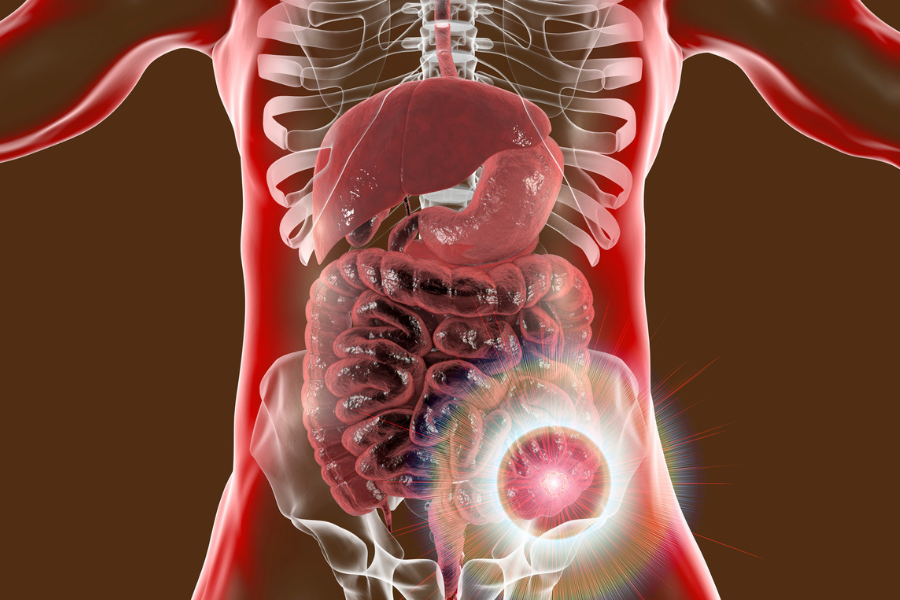Colorectal Cancer

Understanding Colorectal Cancer
Colon cancer is a cancer that starts in the colon or rectum. It often begins as small growths called polyps in the lining of the large intestine. While most polyps are harmless, some can become cancerous over time. Since polyps usually don’t cause symptoms, regular screening is key to detecting and removing them early, making colon cancer one of the most preventable and treatable cancers.
Key Facts About Colon Cancer- How common is it? Colon cancer is the third most common cancer diagnosed in both men and women in the U.S. It is also the second leading cause of cancer death, often developing without noticeable symptoms.
- Who is at risk? While colon cancer can affect anyone, the risk increases with age, personal or family history, and certain lifestyle factors like diet, obesity, and smoking. Cases are also rising in adults under 50, prompting updated screening guidelines that now recommend starting at age 45.
- Living with Colon Cancer: Early detection through screening can reduce mortality by up to 68%. Thanks to medical advancements, survival rates have significantly improved, especially when caught early.
Common Symptoms of Colon Cancer
- Changes in bowel habits (diarrhea, constipation, or narrowing of stool lasting more than a few days).
- A persistent feeling of needing to have a bowel movement.
- Blood in the stool (dark brown, black, or bright red).
- Abdominal cramping or pain.
- Unexplained weight loss.
- Fatigue or weakness.
- Anemia (low blood count due to hidden bleeding in the stool).
If you experience any of these symptoms, consult a doctor as soon as possible.
Colon Cancer Risk Factors
Lifestyle factors that increase risk:
- Being overweight or obese
- Type 2 diabetes
- Diet high in red and processed meats
- Vitamin D deficiency
- Tobacco use
- Moderate to heavy alcohol consumption
Risk factors you cannot change:
- Age over 50
- Personal or family history of colon cancer or polyps
- Personal history of inflammatory bowel disease
- Previous radiation therapy to the abdomen or pelvis
- Genetic conditions like Lynch syndrome or familial adenomatous polyposis (FAP)
The Bottom Line: Regular screening, a healthy lifestyle, and knowing your risk factors can help prevent colon cancer or catch it early when it’s most treatable.
Preventing and Detecting Colon Cancer
There are several screening options, ranging from at-home stool tests to colonoscopies starting at age 45:
Visual tests:
- Colonoscopy (every 10 years): Detects and removes precancerous polyps before they turn into cancer.
- CT Colonography (every 5 years): A less invasive imaging option to examine the colon.
Stool-based tests:
- Detect blood or DNA markers in stool samples.
- FIT or FOBT – every year
- Cologuard – every 3 years
Blood-based tests: Newer tests that detect specific DNA markers linked to colon cancer.
- Shield – every year
Talk to your doctor about which screening test is right for you based on your risk factors.
What You Need To Know
ASK UNMC! What are the signs and symptoms of colon cancer?
Resources
Many online resources are available to help you learn about colorectal cancer. Whether you are looking for screening information, preventative measures or other information about colon cancer, our health educators are here to provide you with the support and guidance you need. Send us your queries to coe@unmc.edu
Colon Cancer Awareness Social Media Messages
Access and share downloadable educational materials to help spread awareness. For any queries on how to further collaborate, please email us: coe@unmc.edu